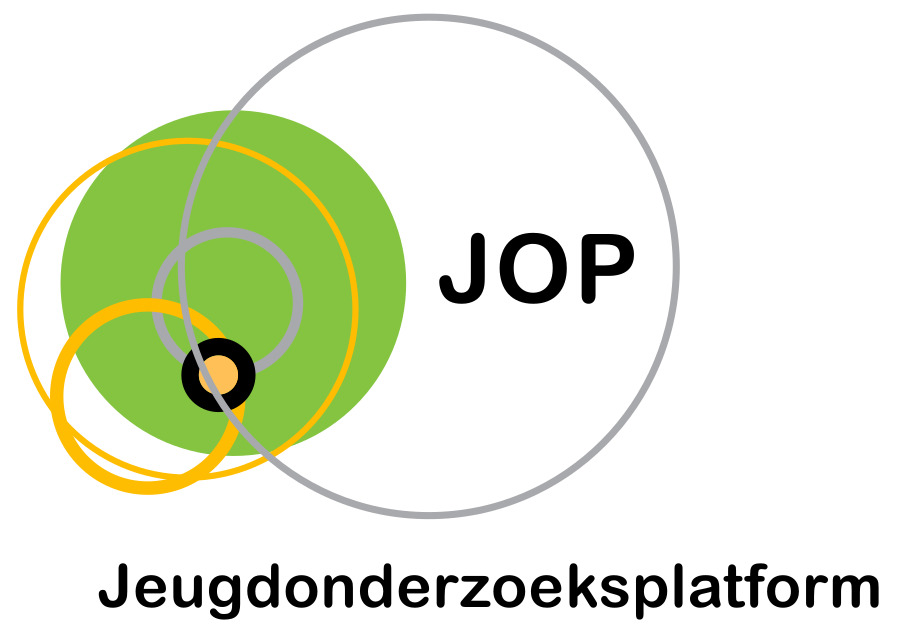On the digital lane to citizenship? Patterns of internet use and civic engagement amongst Flemish adolescents and young adults.
Auteurs
Siongers, J., Keppens, G., Spruyt, B. & Van Droogenbroeck, F. (2019).

Abstract
Als gevolg van de opkomst van online communicatiemogelijkheden, kende het debat over de impact van media op politieke participatie een heropleving, meer specifiek wat jonge mensen betreft die beschouwd worden als de primaire gebruikers van online communicatie technologieën. Vanuit die achtergrond onderzoekt deze paper de relatie tussen het gebruik van nieuwe en oude media en de geïnstitutionaliseerde en niet-geïnstitutionaliseerde vormen van politieke participatie. We maken gebruik van een representatieve steekproef van Vlaamse jonge mensen tussen de 14 en 30 jaar oud (N=2488). Ordinale logistische regressiemodellen worden gebruikt om (1) geïnstitutionaliseerde politieke participatie en (2) alternatieve vorm van politieke participatie, te modelleren. Hierbij wordt niet enkel gekeken of jongeren het internet gebruiken, maar ook of er verschillen zijn in het doel van gebruik. De resultaten tonen aan dat, ook na controle voor een significant aantal achtergrondvariabelen, er verschillende perspectieven bestaan ten aanzien van politiek en ander mediagebruik. Internetgebruik blijft positief verbonden aan zowel conventionele als alternatieve vormen van politieke participatie. Internetgebruik gerelateerd aan plezier blijkt sterk verbonden te zijn aan alternatieve politieke participatie, maar is niet verbonden aan conventionele politieke participatie. Internetgebruik dat gerelateerd is aan het vergaren van informatie is sterk verbonden aan zowel conventionele als alternatieve vormen van politieke participatie door het versterken van jongeren hun politieke doeltreffendheid, interesse en competenties.
The rise of online communication possibilities has revived the debate surrounding the impact of media on political participation, especially with respect to young people who are considered prime users of online communication technologies. Against that background this paper examines the relationship between the use of new and old media and institutionalized and non-institutionalized forms of political participation. We rely on data of a representative sample of Flemish young people aged 14-30 (N=2488). Ordinal logistic regression models are used to model (1) institutional political participation and (2) alternative forms of political participation. We not only focus on whether young people used the Internet but also assess differences according to the purpose of Internet use. Even after taken into account a significant number of background characteristics, different views on politics and other media use. Internet use remains positively related to both conventional and alternative forms of political participation. Internet use for pleasure appears quite strongly associated with alternative political participation, but is not related to conventional political participation. Internet use directed towards gaining information is strongly related to both conventional and alternative forms of political participation by strengthening young people’s political efficacy, interest and political competences.
Referentie
Siongers, J., Keppens, G., Spruyt, B. & Van Droogenbroeck, F. (2019). On the digital lane to citizenship? Patterns of internet use and civic engagement amongst Flemish adolescents and young adults. Journal of Social Science Education, 18(2), 67-86.
Taal
Engels
Publicatievorm
Tijdschriftartikel
ISBN – DOI
10.4119/jsse-901
Trefwoord(en)
Burgerschap, politieke participatie, internetgebruik, media
